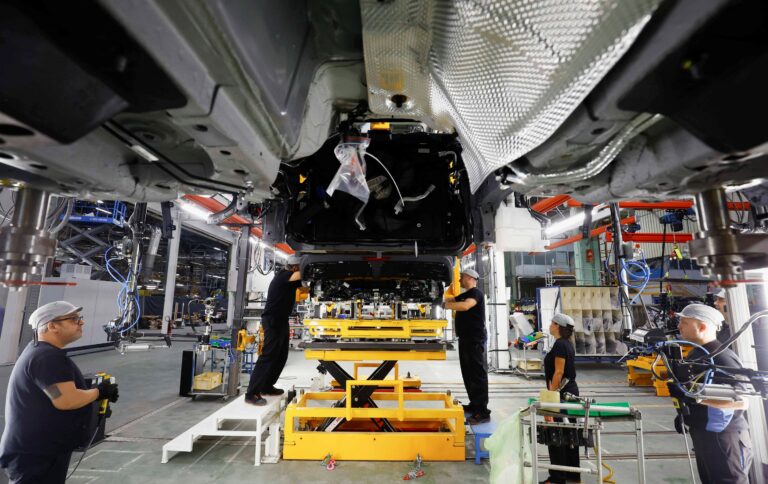EU Reaffirms Commitment to 2035 Zero-Emission Vehicle Target
The European Commission announced on Wednesday that it will maintain its 2035 target for all new cars and vans sold in the European Union to be zero-emission. This commitment comes despite the EU executive yielding to pressure from European automakers by extending the compliance period for emission targets.

Transport Commissioner Apostolos Tsitsikostas presented the EU’s action plan to ensure car producers electrify their fleets and compete with more advanced U.S. and Chinese rivals. The plan includes bringing forward a review of emission regulations from 2026 to the third and fourth quarter of this year. However, Tsitsikostas emphasized that the targets themselves would not change.
“We stick to the 2035 targets, which means that we stick to the 2025, 2030 and, of course, the 2035 targets,” he said, reaffirming the EU’s commitment to its climate goals.
The decision to maintain the 2035 target follows a concession made on Monday, where the European Commission gave automakers three years instead of one to comply with emission targets, thereby avoiding heavy fines. EU auto manufacturers have expressed concerns that even with the extended compliance period, meeting the 2025 targets will be challenging.
However, campaign groups such as consumer association BEUC and transport research group T&E have criticized the extension, arguing that it will reduce pressure on producers to make more affordable electric vehicles. T&E stated that the EU’s auto plan is a significant concession to the industry and urged lawmakers to stand firm against any further changes to car CO2 standards for 2030 and 2035.
In response, E-Mobility Europe, which represents EV makers, suppliers, and charging point companies, expressed regret over the easing of the 2025 targets. While welcoming proposed legislation on corporate fleets, support for battery production scale-up, and prioritization of charging grid connections, the group emphasized the need for bold implementation of the plan to compensate for the concession.
The European Commission’s stance on maintaining the 2035 target reflects its commitment to reducing carbon emissions in the automotive sector, despite industry pressure. The upcoming review of emission regulations is expected to be crucial in shaping the future of the EU’s automotive industry and its competitiveness in the global market.



